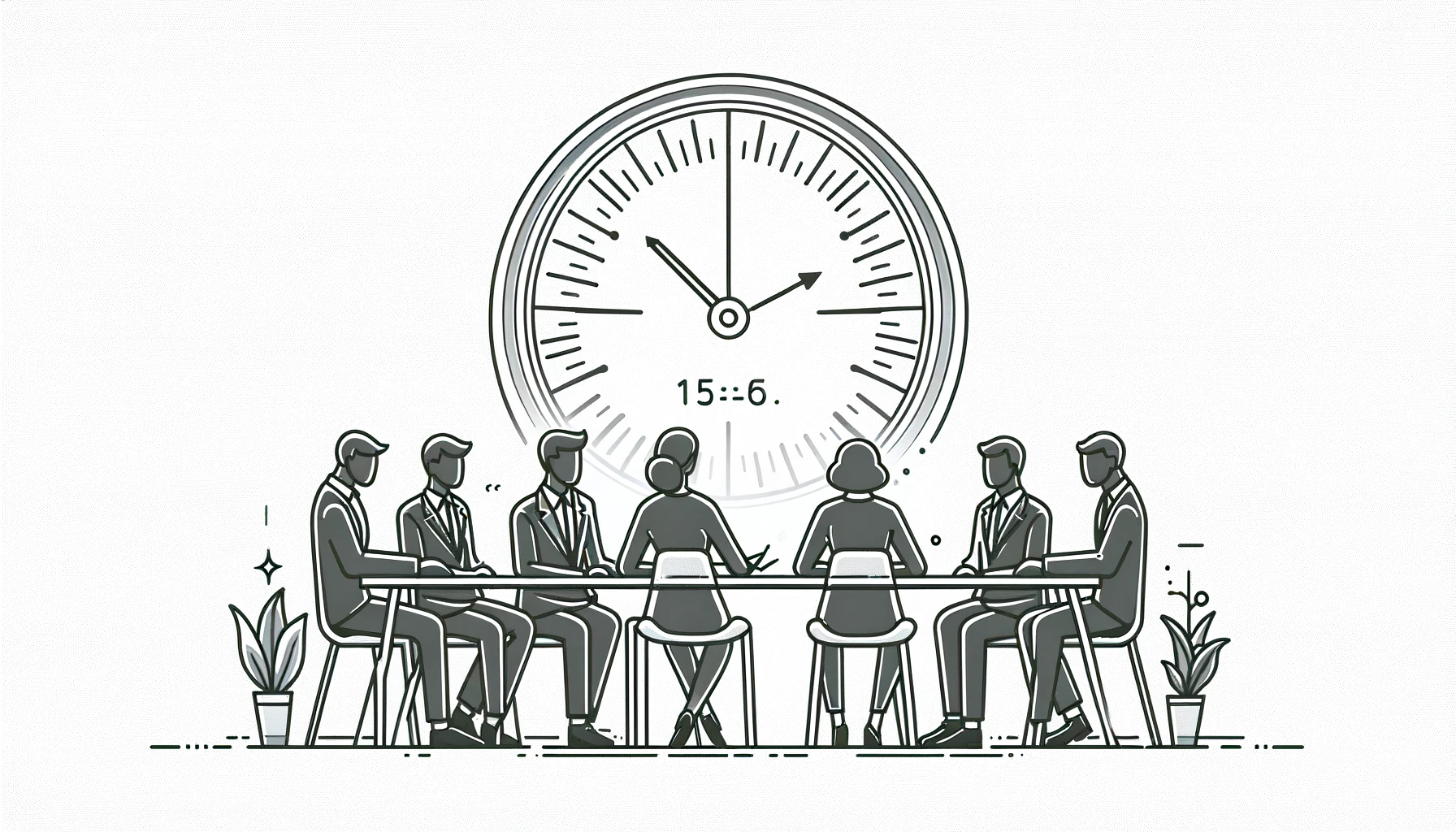
The hour-long meeting is a staple of the business world, a legacy from timekeeping traditions that date back to the Babylonians. However, the necessity of sticking to this time frame for modern meetings is more about habit than practicality. Parkinson's Law suggests that tasks, including meetings, expand to fill the time allotted to them. This phenomenon means that a one-hour meeting could easily be condensed into a shorter span without sacrificing substance. By reconsidering the default meeting length, we can create a more productive and efficient workflow.
Adopting a more flexible approach to meeting durations can significantly impact productivity. Instead of automatically setting meetings to last an hour, consider the agenda and objectives of the gathering. Would 30 or 45 minutes suffice? Often, a shorter time frame encourages participants to focus on the essential points, leading to quicker decisions and more effective discussions. This shift not only respects everyone's time but also frees up schedules for deep work and other priorities.
Implementing shorter meetings requires a cultural shift within the organization. It involves setting clear expectations for meeting preparation, establishing concise agendas, and encouraging direct communication. With these practices in place, teams can avoid the common pitfalls of drawn-out discussions and tangential conversations that often plague longer sessions. The result is a more dynamic, engaged, and productive team environment where time is valued as a precious resource.
The move towards shorter, more purposeful meetings reflects a broader understanding of efficiency in the workplace. By challenging the status quo and embracing a more intentional approach to time management, organizations can foster a culture of respect, focus, and productivity. The next time you schedule a meeting, ask yourself: Could this be accomplished in less time? The answer might not only surprise you but also free up invaluable hours for you and your team.






































